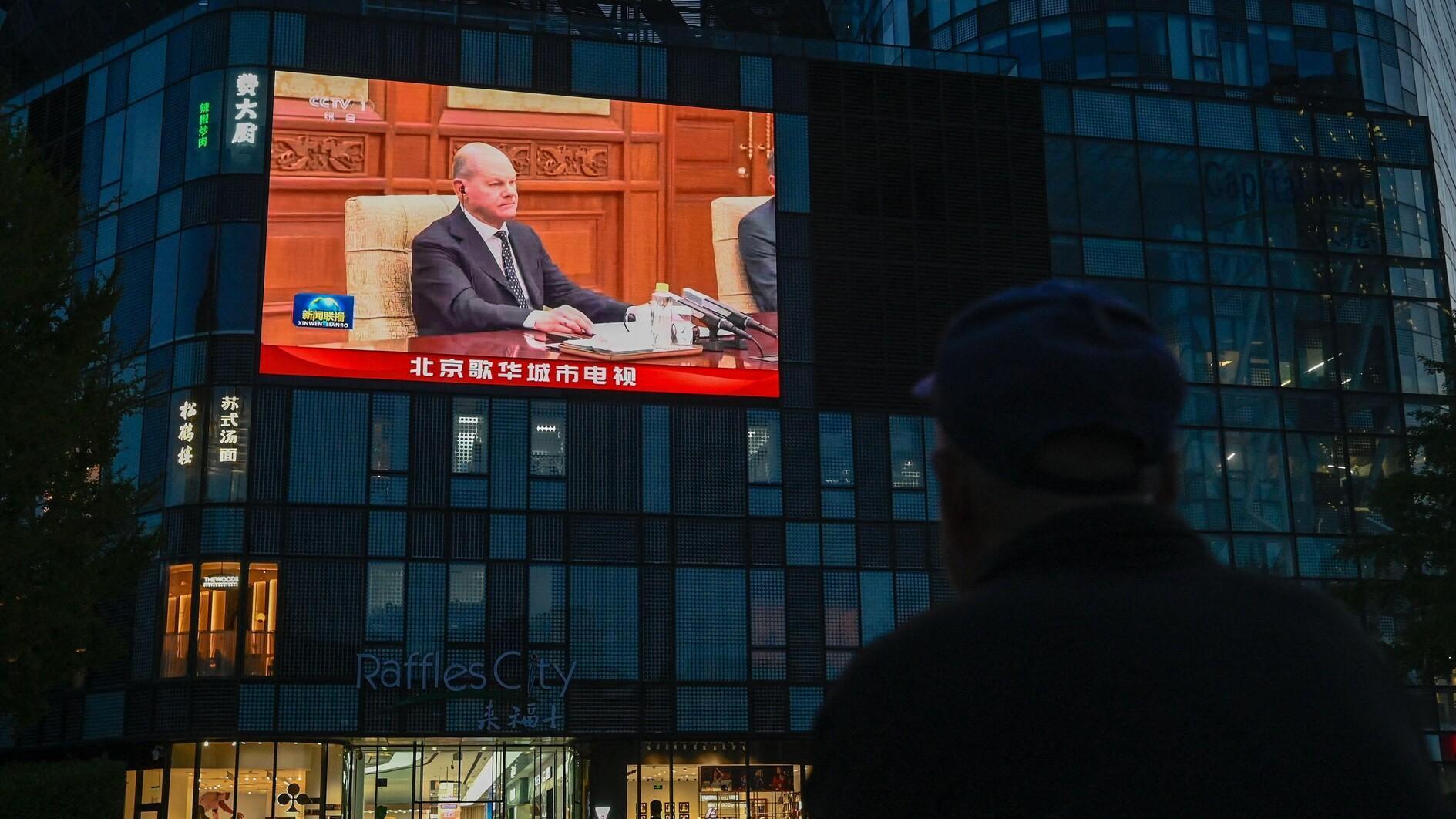The bow and two arrows
Two arrows and a bow in between. That is the symbol. A sun on a blue background with eight glaring lines. That is the emblem. Its name is the “İyi” (Good) Party. It is the new Turkish party that people have been talking about for so long. Whether it injects hope into Turkey’s depressive political climate remains to be seen.
“İyi” appears simplistic at first glance. Perhaps the founding chairlady and her friends ran out of ideas and eventually decided to copy the Justice and Development Party (AKP), whose official name “Ak” means “clean” in Turkish and Islamic culture. Do the founders of the “İyi” Party (IP) believe that calling their party “good” will make people believe it to be good?
This is a rather simplistic approach. The two arrows and the bow that form the “İyi” symbol are also the symbol of the Kayı tribe of the nine-tribe Turkish nation, the second largest and most influential tribe. The Kayı was the tribe out of which the Ottoman Empire emerged. Have Meral Akşener and her friends only borrowed the two arrows and the bow? No. They have also taken the “blue background”, which represents the Turkish nation, and the “sun with eight glaring lines.” The sun represents the Kayı and the eight glaring lines represents the other eight Turkish tribes.
A political commentator quipped on TV that the symbol and the emblem of the new party was simplistic. “Very much like a bad joke,” he said. Naturally, he was right. Obviously Akşener and her friends who have founded the “İP” (which means “rope” in Turkish, and which has a nasty gallows connotation) must hope people will understand their message: “We’ll walk the road of our forefathers, and make Turkey great again.”
Will the people understand? Such messages have helped in the past. The “hand” of the Democratic Party, which means “enough,” delivered a strong message, and in the 1950 general elections the newly established party won a major victory.
The AKP’s shining lamp, along with its connotations of “cleanliness,” helped it gain power within months of its establishment in 2002. Could the İP become the new hope for Turks depressed by the threat of a totalitarian, one-man rule?
Most likely that will not be the case, though the İP could provide a glimmer of hope. Since 2007, the AKP has dominated the center-right of the Turkish political spectrum, forcing other parties to merge with it or vanish completely. If the Motherland Party (ANAP) and the True Path Party (DYP) had merged in 2007, thus providing center-right politics in Turkey with a second home, would the country’s democratic record have declined as sharply as it has? Can the İP fill the gap? Would the nation even accept such an invitation?
The bow and two arrows, the sun with eight glaring lines on a turquoise background, could go a long way. On the other hand, if the effort fails, and hope succumbs to the massive pressure of AKP hegemony, Turkey could well lose yet another chance to exit the current horror story via a civil, democratic path.
No matter how bad conditions are, the civil, democratic solution to governance problems must always represent a sacrosanct principle. When hopes are taken hostage by those who claim to “rescue” the country but ignore democracy, the country suffers.
If nothing else, the İP could enable the Nationalist Movement Party (MHP) to realize the existential threat it poses to itself if it remains subservient to the AKP and carries on serving as its crutch.











